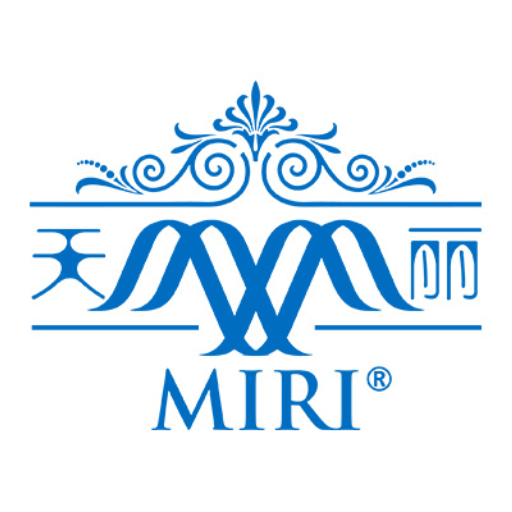Understanding Menopause: Symptoms, Management, and Natural Support
Menopause is a natural biological process that marks the end of a woman’s reproductive years. Typically occurring between ages 45-55, this transition brings hormonal shifts that can cause physical and emotional changes. While menopause is inevitable, its symptoms don’t have to disrupt your quality of life. With proper understanding and care, you can navigate this transition with confidence.
The Three Stages of Menopause
Menopause occurs in three distinct phases:
1. Perimenopause: This transitional period can last 4-8 years before menopause. Estrogen levels begin fluctuating, often causing irregular periods, hot flashes, and mood changes. Many women notice symptoms starting in their 40s. Learn more about premenopause signs in our detailed guide.
2. Menopause: Officially diagnosed after 12 consecutive months without a period, marking the end of ovarian egg production. The average age is 51 in developed countries.
3. Postmenopause: The years following menopause where symptoms like hot flashes often decrease, but long-term health considerations like bone density and heart health become important.
Common Menopause Symptoms and Solutions
Up to 80% of women experience some form of menopausal symptoms. The most common include:
- Hot flashes/night sweats: Sudden heat sensations affecting 75% of women. Dress in layers, use cooling pillows, and consider phytoestrogen supplements to help balance hormones.
- Sleep disturbances: Hormonal changes often disrupt sleep patterns. Maintain a cool bedroom and establish a relaxing bedtime routine.
- Vaginal dryness: Declining estrogen thins vaginal tissues. Hydrate well and consider vaginal moisturizers or estrogen creams.
- Mood changes: Hormonal fluctuations may cause irritability or mild depression. Regular exercise and stress management techniques help.
- Weight changes: Metabolism slows by about 5% per decade after 40. Focus on strength training and protein intake to maintain muscle mass.
For more natural approaches to symptom relief, explore our guide to herbal remedies for menopause.
Natural Ways to Support Menopausal Health
Many women prefer natural approaches before considering hormone therapy. These evidence-based strategies can help:
1. Phytoestrogen-rich foods: Soy, flaxseeds, and certain herbs contain plant compounds that may mildly mimic estrogen. Our Beauty Revital supplement harnesses the power of Pueraria Mirifica, a potent phytoestrogen source clinically studied for menopausal support.
2. Strength training: Helps maintain bone density and prevent sarcopenia (age-related muscle loss). Aim for 2-3 sessions weekly.
3. Mind-body practices: Yoga, meditation, and deep breathing help manage stress, which can worsen symptoms.
4. Skin and collagen support: Declining estrogen leads to reduced collagen production. Our Collagen Protein supplement supports skin elasticity and joint health during this transition.
When to Seek Medical Advice
While menopause is natural, consult your healthcare provider if you experience:
- Severe symptoms affecting quality of life
- Bleeding after menopause
- Depression or anxiety that persists
- Urinary incontinence or frequent UTIs
- Rapid bone density loss
Remember, menopause is a natural life transition – not a deficiency. With the right knowledge, self-care, and support, many women find this stage brings new freedom and opportunities for personal growth. For more insights, read our article on embracing menopause with confidence.
